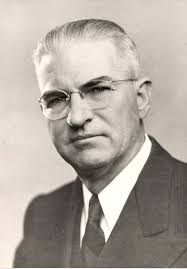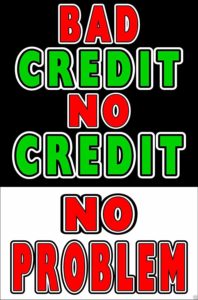When I was growing up in Charlotte Brother Dave and I went to First Baptist Church on North Tryon Street, three blocks from the Square.
Good address now, but not so good in the 1950’s. It got a lot better, however, when local government bought and tore down dilapidated buildings in that block, next to the church, and built a gorgeous public library.

Our pastor, Dr. C.C. Warren, who was president of the Southern Baptist Convention in 1956-57, was in favor of the library, of course. But he was against liquor. And the new library had been built with liquor taxes.
Dr. Warren thought that was a mistake and he said so in a sermon he called: “Doing the Right Thing The Wrong Way.”
Even then I did not agree with his views on alcohol, or the use of alcohol taxes, but I was struck by the notion that you could do the right thing the wrong way. I didn’t know until much later that that is a recurrent theme in the Bible, in the Old and New Testaments.
His sermon didn’t alter my views on alcohol but it has caused me to stop on many occasions and ask myself: OK, I’m pretty sure this is the right thing to do, but is this the right way to do it?
NOTE
I’ve heard a lot of sermons over the years but the words spoken from a pulpit that I remember best, and have thought most about, came from a woman’s testimony. Her name was June Baker and she was a member of Green Pines Baptist Church in Knightdale, North Carolina.
“I’m a fool for Jesus,” she said. “Who — or what — are you a fool for?”
Coming Friday: The Endless Battle
 You’ve seen signs like this one, soliciting business from people who can’t, or won’t, pay their bills. Have you ever wondered how a business stays in business doing business with people who have a history of not paying what they owe?
You’ve seen signs like this one, soliciting business from people who can’t, or won’t, pay their bills. Have you ever wondered how a business stays in business doing business with people who have a history of not paying what they owe?